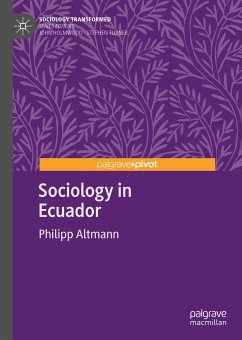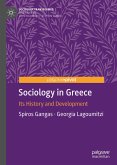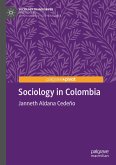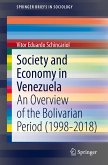This Palgrave Pivot presents a concise yet comprehensive history of sociology in Ecuador. The case of Ecuador is especially interesting, as Ecuadorian sociology oscillated between theoretical debates-some of them out of time-and a constant search for ways of applying them to the local reality. In the decades after its formal creation in 1915, early academic sociology in Ecuador worked creatively with already outdated theories around positivism and organicism to understand the indigenous population's position, the regional fragmentation, and the formation of a coherent nation-state in Ecuador. After a short attempt of installing a more technical sociology in the 1960s, those topics were taken up and re-read by Marxist-inspired critical sociology after the 1970s, leading to the nation-wide institutionalization of one particular tradition that could connect to continental debates. This book engages with several relevant debates in social sciences and humanities, particularly by adding tothe thriving research on social sciences and the role of the university and higher education in Latin America. Furthermore, it touches some recently influential topics in sociology: Ecuadorian sociology can be read as Southern Theory or engaged with from a postcolonial or decolonial perspective; the research on how ideas travel, are diffused or localized is vital for understanding sociology in Ecuador; the relation between academia and politics; and more.
Philipp Altmann is Professor Titular for Sociological Theory at the Universidad Central del Ecuador. He works on how ideas spread, on the intersection of discourse analysis, history of concepts, and sociology of knowledge.
Dieser Download kann aus rechtlichen Gründen nur mit Rechnungsadresse in A, B, BG, CY, CZ, D, DK, EW, E, FIN, F, GR, HR, H, IRL, I, LT, L, LR, M, NL, PL, P, R, S, SLO, SK ausgeliefert werden.
Hinweis: Dieser Artikel kann nur an eine deutsche Lieferadresse ausgeliefert werden.









